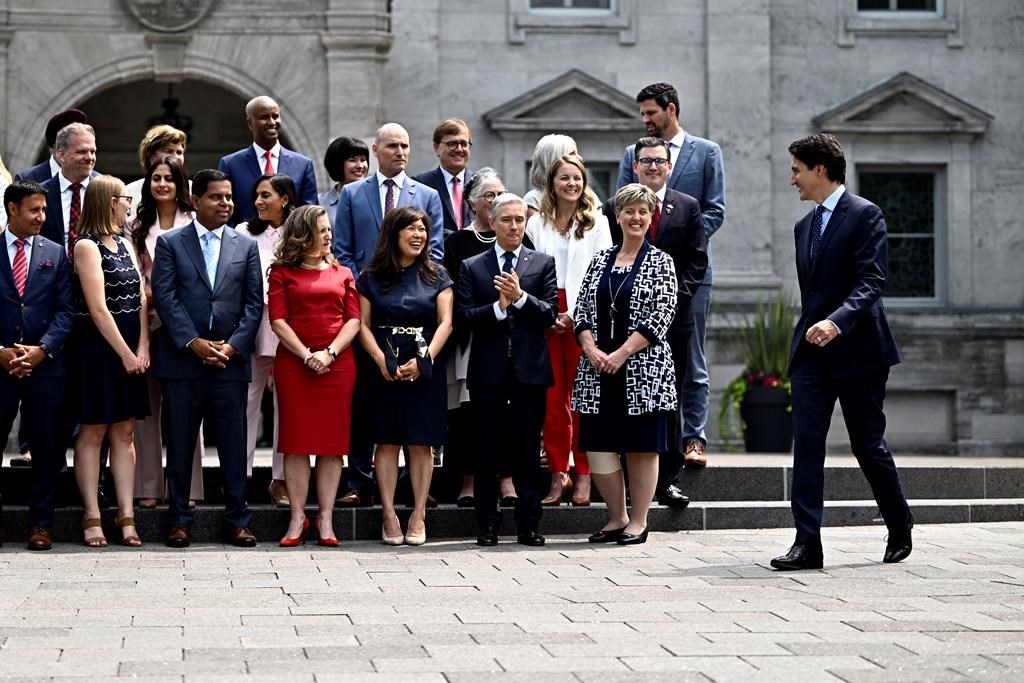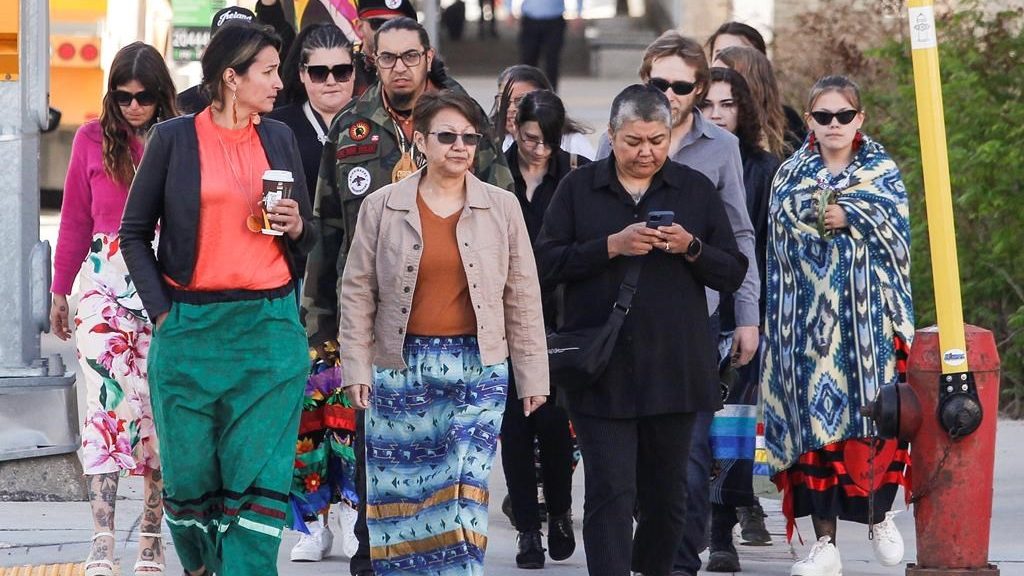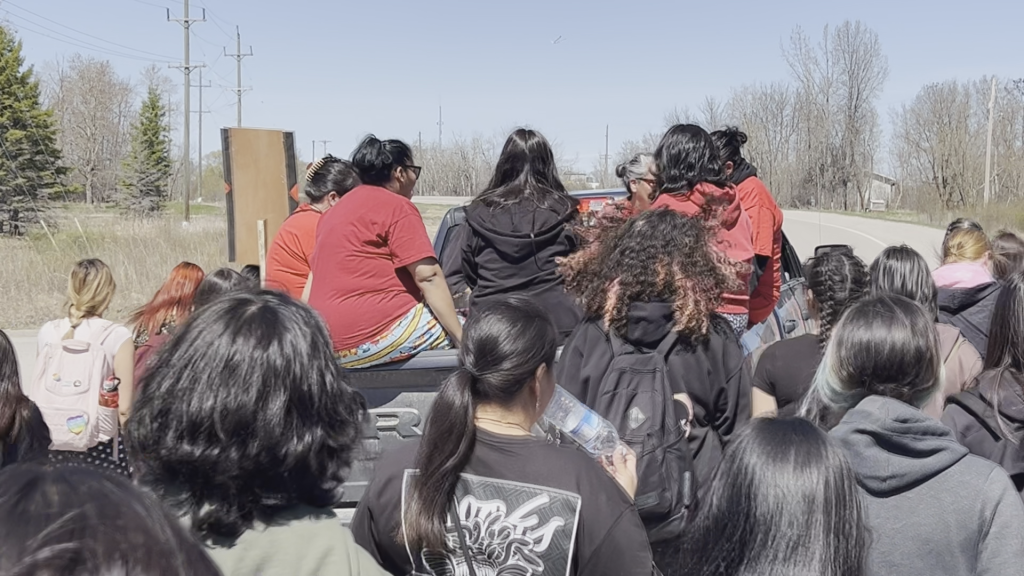Concrete actions must accompany diverse cabinet: Canada Research Chair

Posted August 11, 2023 2:12 pm.
OTTAWA — Prime Minister Justin Trudeau moved last month to introduce more diversity into his cabinet but an academic expert on inclusive politics said the additions won’t have much effect unless they go beyond surface-level representation.
Trudeau added seven new faces to his governing team July 26 including Mississauga MP Rechie Valdez, the first Filipina Canadian woman MP, and Toronto MP Gary Anandasangaree, who is the first Sri Lankan Tamil to serve in cabinet.
Trudeau said in July that the new cabinet is a reflection of Canada’s diversity and would bring new voices, skills and experiences to the table.
Many saw the changes as part of an effort by the Liberals to shore up support in tight ridings and among specific ethnic communities.
But Erin Tolley, the Canada Research Chair on gender, race and inclusive politics at Carleton University in Ottawa, said a seat at the table is only one part of true representation — both for the ministers themselves and for the people they represent.
“I think in these particular cases, appointing somebody from those communities does act as a signal that the Liberals are listening, that they value input from that community,” said Tolley.
At the same time, it’s reductive to speak of changes to cabinet in terms of racial impact, she said. Focusing solely on race instead of policy is a disservice to both diaspora communities and the ministers themselves because it assumes diaspora communities vote primarily on the basis of the racial background, she said.
There’s little evidence to suggest voters can be motivated solely on racial grounds, said Tolley, which means a more diverse cabinet isn’t likely to dramatically shift voting behaviour among the people they represent come election time.
“You can’t simply put diverse faces around a table without also changing the way you do policy and the kinds of policy choices you’re making,” said Tolley.
Without this, communities could shift their alliances if they feel their support is being taken advantage of and if they’re not seeing responsiveness from a government, she said.
This report by The Canadian Press was first published August 11, 2023.
Alessia Passafiume, The Canadian Press








